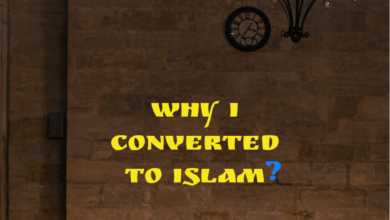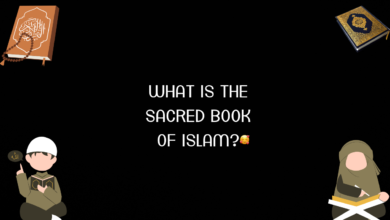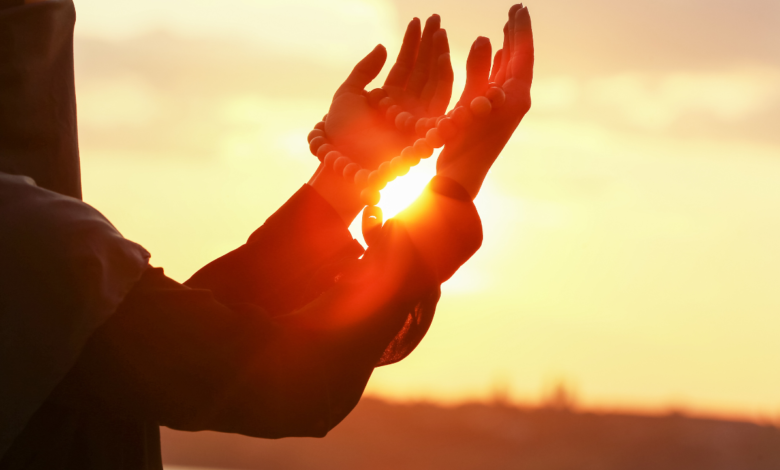
Dua Islam
A Dua is a supplication or prayer in Islam. It is a way for Muslims to communicate directly with Allah (God) and seek His guidance, blessings, forgiveness, or assistance.
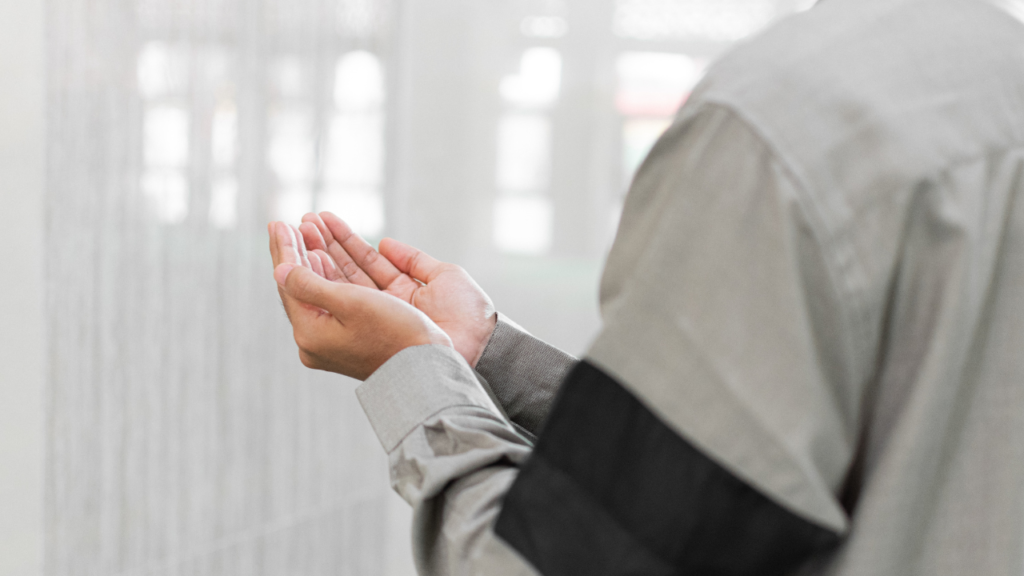
Dua in Islam: The Power of Prayer and Supplication
Dua, the act of supplication and prayer, holds a central and profound place in the Islamic faith. It is a fundamental practice that transcends linguistic, cultural, and geographical boundaries, uniting Muslims around the world in their devotion to Allah (God). In this article, we will explore the significance of dua in Islam, its forms, and the power it holds in the life of a believer.
Understanding Dua
Dua is an Arabic word that translates to “supplication” or “invocation.” It refers to the act of calling upon Allah with sincere intentions, seeking His guidance, mercy, blessings, and forgiveness. Dua is not restricted to any specific time, place, or language. It can be made silently in one’s heart or spoken aloud, and it can be performed individually or in a congregation.
The Role of Dua in Islam
Dua plays a pivotal role in the life of a Muslim. It is considered a means of direct communication with Allah, forging a deep and personal connection between the individual and the Creator. The Quran emphasizes the importance of dua in numerous verses, such as:
“And your Lord says, ‘Call upon Me; I will respond to you.'” (Quran 40:60)
This verse reflects Allah’s promise to answer the supplications of His servants, reinforcing the belief that dua is a powerful tool for seeking divine intervention and guidance.
Types of Dua
Dua in Islam can take various forms, each serving a unique purpose:
- Supplication for Personal Needs: Muslims often make dua to seek Allah’s help in their personal lives, whether it’s for good health, success in work, or guidance in decision-making.
- Dua for Others: Muslims are encouraged to pray for the well-being of their family, friends, and the entire Muslim community. This reflects the sense of brotherhood and compassion that Islam promotes.
- Dua for Forgiveness: Seeking Allah’s forgiveness for one’s sins is a recurring theme in Islamic dua. Muslims believe that sincere repentance and seeking forgiveness through prayer can lead to spiritual purification and growth.
- Dua in Times of Difficulty: When facing adversity, Muslims turn to dua as a source of strength and patience. This act of supplication helps believers cope with life’s challenges and maintain their faith.
- Dua of Gratitude: Expressing gratitude to Allah for His blessings and favors is an essential aspect of Islamic dua. Recognizing the source of all blessings and giving thanks fosters humility and contentment.
Also Check
- Islamic picture
- Islamic culture
- When was Islam started?
- What is Quran in Islam?
- Is Islam a peaceful Religion?
The Etiquette of Dua
While dua can be made at any time and in any place, there are recommended etiquettes to enhance its effectiveness:
- Begin with Praise: It is customary to begin dua by praising Allah and sending blessings upon the Prophet Muhammad (peace be upon him). This sets a tone of humility and reverence.
- Raise Hands: When making dua, it is common to raise one’s hands in a supplicating gesture. This signifies dependence on Allah’s mercy and power.
- Sincerity: A sincere heart and intention are essential for a meaningful dua. Allah looks into the sincerity of one’s plea rather than the eloquence of their words.
- Persistence: Muslims are encouraged to persist in making dua and not lose hope, even if their prayers are not immediately answered. Allah’s wisdom and timing are beyond human comprehension.
The Power of Dua
Islamic teachings emphasize that Allah is All-Powerful and All-Merciful. Muslims believe that through dua, they can tap into Allah’s boundless mercy and seek His guidance and blessings. While the fulfillment of dua is ultimately in Allah’s hands, the act of making dua itself is a source of comfort, hope, and spiritual growth.
Dua in Islam is a profound expression of faith, humility, and dependence on the Divine. It serves as a reminder that, no matter the circumstances, Allah is always there to listen to the supplications of His servants. Muslims find solace in knowing that their Creator is a compassionate and responsive God, always ready to answer their calls.
In conclusion, dua is a fundamental aspect of Islamic worship and spirituality. It embodies the essence of Islam’s monotheism, submission, and reliance on Allah. Through dua, Muslims seek to deepen their connection with their Creator, find strength in times of adversity, and express gratitude for the countless blessings they receive. It is a practice that unites Muslims worldwide, transcending differences and reinforcing the central tenets of their faith.
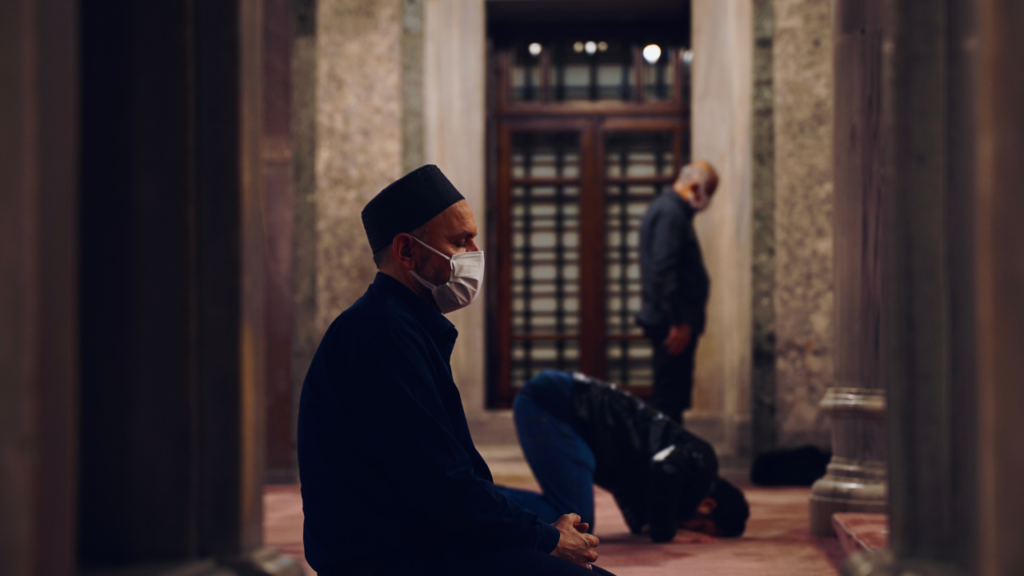
(FAQs) about Dua in Islam
What is a Dua in Islam?
A Dua is a supplication or prayer in Islam. It is a way for Muslims to communicate directly with Allah (God) and seek His guidance, blessings, forgiveness, or assistance.
How do I make a Dua in Islam?
To make a Dua, Muslims raise their hands, face the qiblah (the direction of the Kaaba in Mecca), and sincerely express their needs and desires to Allah. Dua can be made in any language, but it is recommended to use Arabic for certain standardized supplications.
Are there specific times when Dua is more effective?
Yes, there are recommended times when Dua is more likely to be accepted, such as during the last third of the night, on Fridays (especially during the Friday prayer), during fasting (especially at the time of breaking the fast), and while prostrating during daily prayers (Salat).
Can I make a Dua for anything I want?
Yes, you can make a Dua for anything that is permissible in Islam. However, it is important to ensure that your intentions are pure and aligned with Islamic principles.
Are there specific Duas mentioned in the Quran and Hadith?
Yes, there are numerous Duas mentioned in the Quran and Hadith (sayings and actions of Prophet Muhammad, peace be upon him). For example, the “Dua of Istikhara” is a prayer for seeking guidance, and the “Dua for Forgiveness” is a common supplication for seeking Allah’s pardon.
Can I make Dua for someone else?
Yes, you can make Dua on behalf of others, and it is considered a virtuous act. Praying for the well-being, guidance, or forgiveness of others is highly encouraged in Islam.
Is there a specific etiquette for making Dua?
Yes, there are etiquettes for making Dua, including facing the qiblah, raising your hands while making the supplication, starting by praising Allah, sending blessings upon the Prophet Muhammad (peace be upon him), and being sincere and humble in your request.
Can I make Dua in my own words, or should I use prescribed Duas?
While prescribed Duas from the Quran and Hadith are beneficial, you can also make Dua in your own words and language, as long as your intentions are sincere and your request is in accordance with Islamic principles.
How do I know if my Dua has been accepted?
It is not always immediately apparent if a Dua has been accepted. Allah may grant your request, delay it for a more appropriate time, or replace it with something better. Muslims believe that Allah knows what is best for them.
Is there a limit to the number of Duas I can make?
There is no limit to the number of Duas you can make in Islam. You are encouraged to make Dua regularly, both for yourself and for others, as it is a means of seeking Allah’s guidance, mercy, and blessings.
